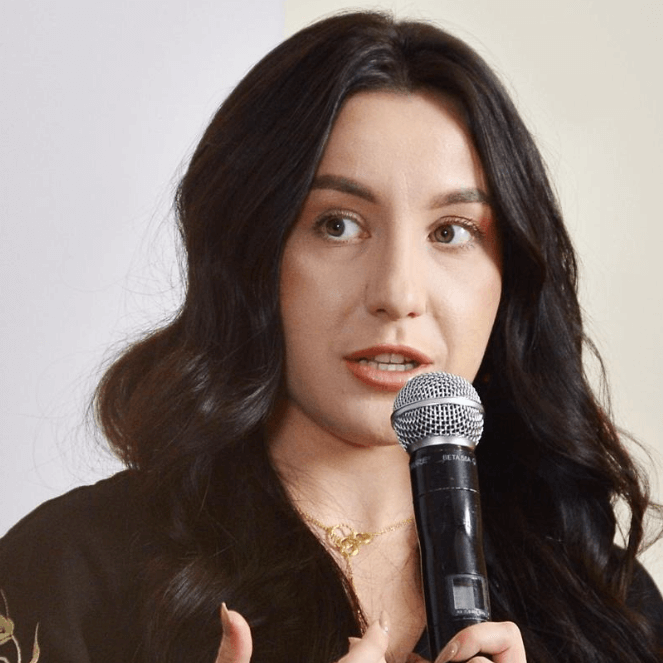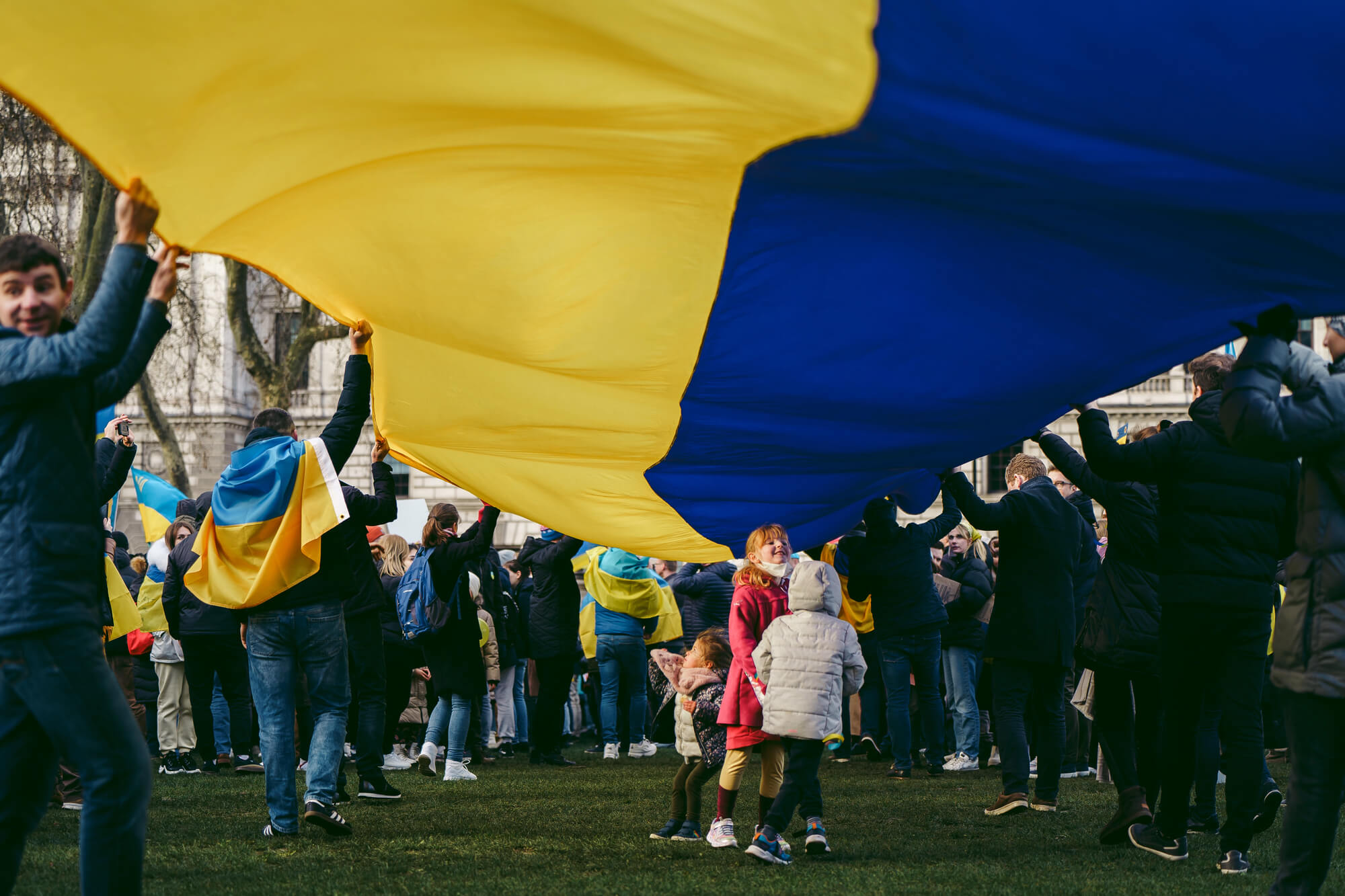At exactly midnight on October 11, the Russian newspaper Kommersant published an article about Ukraine by Dmitry Medvedev. Medvedev expressed his views in five short paragraphs, filled with “evergreen” Russian disinformation myths. We briefly examine each of them below.
In the first paragraph, Medvedev mentions radical nationalists whom he refers to as “Nazis”. However, in Ukraine, like in many developed countries and Russia, there are representatives of the extreme right. However, these organizations are few and far from enjoying as much support from society and the government as Russian disinformation attempts to show. The EUvsDisinfo website of the European External Action Service has a collection of at least 400 fake news stories by Russian propaganda regarding Nazism in Ukraine. VoxCheck wrote about this myth in our Russian disinformation monitoring report for September 27 – October 3.
The law on indigenous peoples is not nationalistic, let alone “warped”, as Medvedev put it. The law aims to protect the most vulnerable national minorities, i.e. indigenous peoples. An indigenous people is an indigenous ethnic community formed on the territory of Ukraine, which maintains its original language, culture and traditional, social, cultural or representative bodies and which is self-aware as an indigenous people of Ukraine, an ethnic minority within its population and without an own state. Among the indigenous peoples, the law includes the peoples formed in Crimea, i.e. Crimean Tatars, Karaites, and Krymchaks.
By the way, the law “On Guarantees of the Rights of the Indigenous Minority Peoples of the Russian Federation” has been in force in Russia since 1999. It does not list “fraternal” Ukrainians and Belarusians among the indigenous peoples. It does, however, list peoples of the North, Siberia and the Far East whose rights are still being violated. According to Russia’s logic, other countries (e.g. the United States and Canada) “follow the Nazis” too because they recognize Indian tribes as indigenous peoples.
The second and third paragraphs touch on “external governance” over Ukraine. It is also noteworthy that Medvedev persistently writes “on Ukraine” instead of “in Ukraine”. It is standard practice for Russian propaganda. In this way, we are constantly reminded that we are not a country but only a former part of the empire.
Like many other countries, Ukraine depends on relations with other states and international organizations. It is, however, mutually beneficial cooperation. For instance, Ukraine is carrying out economic reforms required for further development in collaboration with the IMF. VoxCheck wrote in detail about collaboration with the IMF here.
The assistance provided by the European Union aims to develop the economy, public governance, civil society, promoting energy efficiency and environmental protection in Ukraine. VoxCheck debunked Russian propaganda myths about Ukraine’s Association with the EU here and the myths about cooperation with NATO here.
In the fourth paragraph, Medvedev argues using the narrative that Ukraine does not implement peace agreements. Under this narrative, the Russian and pro-Russian media, including Medvedev himself, forget that the occupation forces are constantly violating the ceasefire by shelling Ukrainian positions, at times using weapons prohibited by the Minsk agreements.
In the last fifth paragraph, Medvedev writes, among other things, about the “imbecilic” Crimea Platform. Under this narrative, the lie aims to reduce the Crimea Platform to Zelensky’s personal PR that did not and could not have any political impact. The pro-Russian Nash TV channel tagged the summit as a “good show for our money” and “Zelensky’s PR campaign” in unison with Russia.
In the same vein, the pro-Russian media make fun of the declaration adopted based on the Platform’s outcomes. In reality, however, the states participating in the summit guarantee that this event is only the beginning of their cooperation on returning Crimea. The declaration enshrines non-recognition of the illegal annexation of Crimea and the obligation to consider the introduction of additional sanctions against Russia in the event of further aggression. “For the first time at the international level, Russia has been recognized as an occupying power,” said Zelensky. VoxCheck debunked similar myths about the Crimea Platform in our Russian disinformation monitoring report for August 23-29.
Although each and every point in Medvedev’s article is manipulative and even the extraordinarily emotional text did not save it from our fact-checking, he is still no match for Putin in whose article we found 27 false and manipulative statements.
Attention
The authors do not work for, consult to, own shares in or receive funding from any company or organization that would benefit from this article, and have no relevant affiliations




